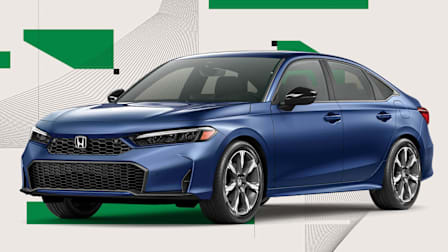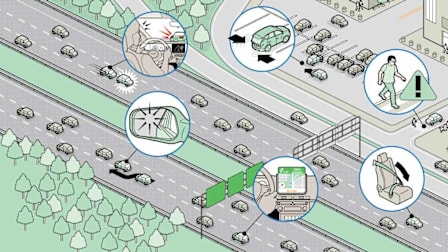From Our President: Why Car Recalls Aren't Enough

Doors that open while you drive. Airbags that don’t deploy properly. Engines that catch fire. These are just three reasons for car recalls in the past six months. While these voluntary recalls by automakers are a good thing, there’s more they should be doing to protect drivers, passengers, and pedestrians.
Prioritizing safety from the start means improving the protective technology that already comes standard in every vehicle, like airbags. But some of the latest safety features aren’t available in all new autos—or consumers are required to pay extra to get them. This includes automatic crash notification (which dials 911 for you after a collision) and automatic emergency braking that can detect pedestrians both at night and when you’re driving at higher speeds. The bottom line: Safety shouldn’t be a luxury add-on.
Protecting your back-seat passengers matters too. Last year, the Insurance Institute for Highway Safety released the first frontal crash-test ratings in the U.S. focused on passengers sitting in rear seats, and it revealed the need for better protection there. CR provides rear-seat safety ratings from our own testing, and we’re pushing manufacturers to implement new standard safety technology that protects those in the back seat.
There’s also a need for automakers to provide real solutions for problems after a car has been recalled. Last December, our experts tested changes to Tesla’s Autopilot driver assistance features, which had been updated by the company to address the potential for drivers to misuse this technology. CR’s testing found that the update didn’t go far enough in addressing important safety concerns.
This is why CR continues to push for automakers—and government leaders—to always put consumers first by improving your safety on our roads.
In Focus: Best Cars of the Year and Top Car Brands
See CR’s 10 Top Picks of 2024, find out who makes the best vehicles, and learn more in our annual report on car performance, reliability, owner satisfaction, and safety.
Editor’s Note: This article also appeared in the April 2024 issue of Consumer Reports magazine.




